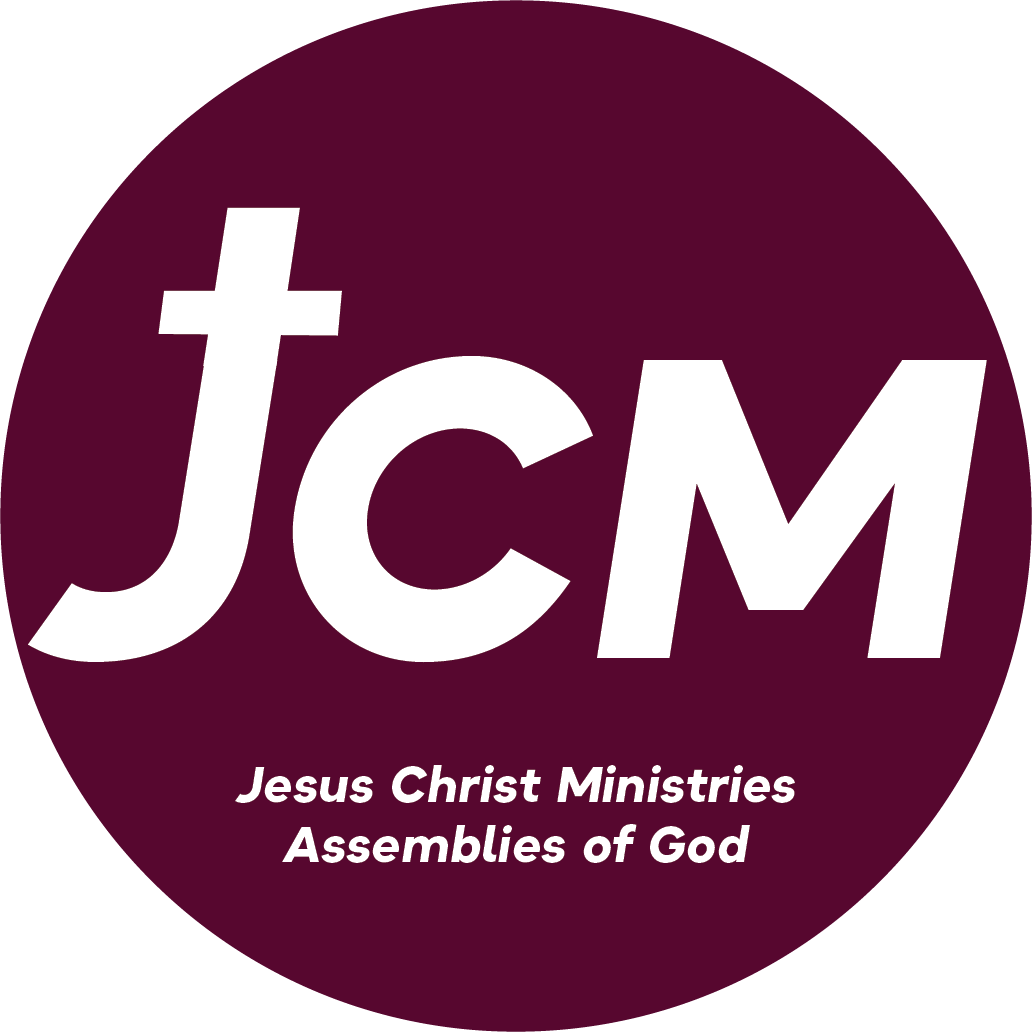3 Things to Know About Pentecost
1. What is it?
Pentecost comes from the Greek word for “fiftieth”, since the event occurs 50 days after the end of Passover. This was during the celebration of the Jewish feast of Shavuot (commemorating the giving of the Law at Sinai) during which Jews from many nations travelled to Jerusalem. Read the full description of the event as recorded in Acts chapter 2.
2. What is the significance?
During this event the Holy Spirit was poured out on the early disciples, as prophesied in the Old Testament (Joel 2:28) and as promised by Jesus (John 16:5-15). This was the first time in all salvation history that God himself will indwell his people. The result is that God empowers his people, giving them the necessary gifts and authority, to live holy lives, declare his good news, and be “salt and light” in the world.
Furthermore, this event can be considered a reversal of what happened in the Tower of Babel, when God confused the people’s languages to disunite them in their rebellion against God. In Pentecost, God calls all people of all languages to surrender to Jesus, the Messiah promised to save humanity from their sins. Peter’s first sermon at Pentecost resulted in the salvation of 3,000 people. This marks the beginning of the Christian church (its “birthday”).
3. How does this affect our daily lives?
All Christians have the Holy Spirit in their lives.
Just as a body, though one, has many parts, but all its many parts form one body, so it is with Christ. For we were all baptized by one Spirit so as to form one body – whether Jews or Gentiles, slave or free – and we were all given the one Spirit to drink. 1 Corinthians 12:12-13 (NIV)
This indwelling of the Spirit is not passive but an active reality that results in visible fruit. Christians are commanded to walk “in step” with the Holy Spirit. This is summed up beautifully in Galatians 5:16-26 (NLT):
So I say, let the Holy Spirit guide your lives. Then you won’t be doing what your sinful nature craves. The sinful nature wants to do evil, which is just the opposite of what the Spirit wants. And the Spirit gives us desires that are the opposite of what the sinful nature desires. These two forces are constantly fighting each other, so you are not free to carry out your good intentions. But when you are directed by the Spirit, you are not under obligation to the law of Moses.
When you follow the desires of your sinful nature, the results are very clear: sexual immorality, impurity, lustful pleasures, idolatry, sorcery, hostility, quarreling, jealousy, outbursts of anger, selfish ambition, dissension, division, envy, drunkenness, wild parties, and other sins like these. Let me tell you again, as I have before, that anyone living that sort of life will not inherit the Kingdom of God.
But the Holy Spirit produces this kind of fruit in our lives: love, joy, peace, patience, kindness, goodness, faithfulness, gentleness, and self-control. There is no law against these things!
Those who belong to Christ Jesus have nailed the passions and desires of their sinful nature to his cross and crucified them there. Since we are living by the Spirit, let us follow the Spirit’s leading in every part of our lives. Let us not become conceited, or provoke one another, or be jealous of one another.
(See also: Romans 8:1-11)

